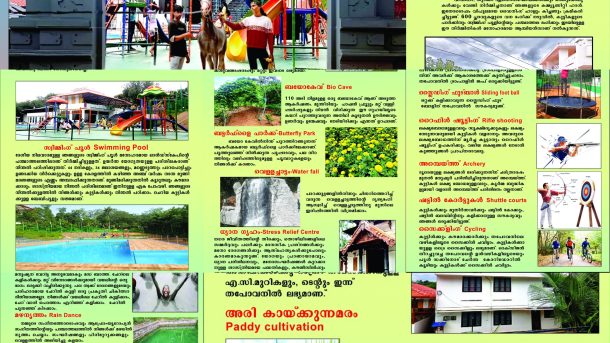In an era where Artificial Intelligence (AI) and Virtual Reality (VR) are hailed as the pinnacles of human ingenuity, their promises are enticing. These technologies simulate reality, provide immersive experiences, and redefine entertainment and work. But while their potential is undeniable, an important question arises: Are we losing sight of what it means to truly live?
The essence of life lies in its authenticity. The feel of soil under your feet, the sound of a bird’s song, or the serenity of watching a sunset cannot be replicated by pixels or algorithms. These are not just experiences—they are lessons, connections, and a source of unparalleled joy. However, as society increasingly prioritizes technological advancement, we risk severing our bond with the natural world, a loss that could lead to consequences far beyond imagination.
The Human Cost of Disconnection
As the digital realm expands, so does the gap between humans and nature. Children today often prefer the glow of screens over the call of the wild. For them, play has shifted from fields and trees to consoles and headsets. But this shift has profound repercussions. Studies link reduced exposure to nature with increased rates of anxiety, depression, and a lack of empathy.
The pressures of modern life also exacerbate the problem. Urbanisation, long work hours, and societal expectations push adults further from natural spaces. Even as AI and VR promise efficiency, they intensify isolation, reducing opportunities for real-life interaction and leaving many feeling empty despite constant connectivity.
More alarming is how this disconnection affects decision-making at a societal level. Environmental degradation, deforestation, and urban sprawl continue unchecked as nature becomes an abstract concept rather than a lived reality. The very systems that sustain life—clean air, water, and biodiversity—are being sacrificed for the convenience of technological progress.
Challenges of the Future
The world is rapidly changing, and with it comes a new set of challenges:
- Environmental Depletion: If natural resources are continually exploited to power AI infrastructure, the planet will struggle to sustain life.
- Health Impacts: Over-reliance on technology contributes to rising obesity rates, poor mental health, and digital addiction.
- Social Fragmentation: As virtual connections replace face-to-face interactions, the sense of community is eroding, leaving individuals more isolated than ever.
- Loss of Purpose: When life becomes centered on convenience and simulation, the deeper joys of effort, discovery, and growth are lost, leading to existential crises and societal discontent.
Reconnecting with Nature: A Vital Step Forward
The solution lies not in rejecting technology but in redefining its role in our lives. AI and VR should serve as tools to enhance our relationship with the natural world, not replace it. For instance, VR can educate people about conservation by showcasing endangered habitats, but it cannot substitute visiting a forest, feeling the breeze, or planting a tree.
Governments, communities, and individuals must prioritize green spaces and sustainable practices. Initiatives like nature retreats, outdoor education programs, and eco-friendly urban planning should be the norm rather than the exception. Encouraging practices like gardening, hiking, and sustainable living can help rebuild the bond between humans and nature.
During my schooling days, we had a special period dedicated to computers, aimed at making our generation and the upcoming ones comfortable with technology. Similarly, the present generation needs a special class period focused on nature and agricultural understanding. Such a period would foster a friendly and unbreakable relationship with the natural world, teaching children the importance of sustainability, the joy of nurturing life, and the value of coexisting harmoniously with nature.
Rediscovering Our Roots
As we move deeper into a digital future, it is crucial to remember that progress is not about abandoning our roots. True advancement lies in harmonizing technology with the natural world, ensuring that the pursuit of innovation does not come at the cost of life’s essence.
Imagine a future where generations are devoid of the simple pleasures of nature—a world where the smell of rain or the sound of a river exists only as a simulation. Such a world, no matter how advanced, would be bereft of meaning. We must act now to preserve the natural world, not just for its ecological importance but for the joy, peace, and lessons it brings.
As individuals, we can start by making small changes—spending time outdoors, supporting eco-friendly initiatives, and teaching our children to value the earth. These actions may seem minor, but collectively, they have the power to create a profound impact.
Our connection with nature is not just about survival; it is about thriving. The real world, with its imperfections and challenges, holds the key to true happiness. By preserving it, we not only honor our past but secure a fulfilling future for generations to come.
Author’s Note:
This article is inspired by the initiative taken by Adv. Veliyam Rajeev called Tapovan—taglined Happiness Valley—a beautiful nature retreat in my village. It emphasises the importance of reconnecting with nature and living in harmony with the environment. This effort serves as a reminder of the joy and fulfillment that comes from living close to the earth, a vision I deeply resonate with and believe is essential for a balanced, meaningful life.





